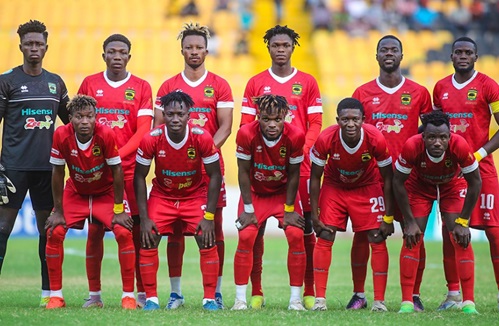The German government is supporting a project aimed at encouraging Ghanaian companies to use solar energy and promote sustainable energy solutions as a feasible alternative to conventional power generation in Ghana.
Dubbed “Project Development Programme (PDP)” it is being implemented by the Deutsche Gesellschaft für Internationale Zusammenarbeit (GIZ) as part of the German Energy Solution Initiative of the German Ministry of Economic Affairs and Climate Action and it is being undertaken in some selected developing and emerging countries.
Under the PDP, Germany, which is a pioneer of climate-friendly energy solutions, is supporting Ghana and the other beneficiary countries to incorporate renewables and energy efficiency incentives into the country’s energy mix.
Training
This was made known yesterday during the opening of a weeks training in Accra for selected stakeholders who would participate in the project in Ghana.
The 40 participants included electrical engineers from solar companies, engineering students, representatives of financial institutions providing green financing, lawyers, distribution and marketing companies.
The training is aimed at equipping local companies with practical experience and linking them with German experts from the solar industry.
It is to offer the participants the opportunity to strengthen project development skills of local practitioners and to establish long-term partnerships with highly qualified German companies in the solar industry.
Simple solutions
A lead trainer from PiBerlin, the lenders technical advisor for the project, Craig Wong, said in Ghana the initial stages of the project would focus on simple solutions designed to work anywhere such as putting solar solutions on rooftops of commercial and industrial buildings to help reduce energy cost.
During the one week training, he said the participants would be taken through the assessment, planning, implementing, and funding of new energy solutions.
The Country Manager for Ghana, GIZ Project Development Programme, Benjamin Struss said by facilitating business partnerships and the exchange of experience and expertise between German and Ghanaian companies, the project formed a vital basis for sustainable market development.
He said the programme is also specifically identifying companies who have a fairly large energy consumption and explaining to them the potential of solar energy to reduce their energy cost and contribute to climate protection.
He said the programme was to train local Ghanaians companies who have high energy bills to move to renewable energy.
The benefits, he said, would include free consultancy to assist local companies with solar designs and the most important of all to connect them to German companies who have the financial muscle to install the solar at free in the initial stages.
“So the local companies who want solar do not need to put in an initial capital, they just need to pay installment. We are looking at the roof and space, whether this is viable and if they would install looking at the current cost of electricity and how much they could save in the end,” he said.
Climate friendly energy
A Cluster Coordinator in charge of Climate and Energy, Tangmar Marmon, said the ultimate goal of the project was to help Ghanaian companies to produce their own solar energy which makes them more climate friendly.
“It is something that is helping the Ghanaian economy on one hand and the climate on the other hand,” he said and indicated that it would also help the Ghanaian government to fulfill its climate needs to bring down greenhouse gas emissions.
He explained that the programme had been active for 10 years and it was part of the German government’s agenda to reduce greenhouse gas emissions across the world.
“It is going really well. There has been a lot of interest and we are doing a lot of capacity development in Ghana with banks and private sectors. It is really helping these companies to increase production with reliable energy and climate friendly energy, he said.
Mr Marmon said although the project was expected to end in 2025, he was optimistic it would be extended to ensure it benefited a larger section of the economy.
One of the paticipants, an electrical engineer from Annointed Electrical Engineering Services Limited, Esther Afrakomah Boateng told the Daily Graphic that the training would help local compaines learn about the most intelligent designs and solutions in the solar industry.
She said she was hopeful her company would take advantage of the opportunity to train more women in the solar energy sector.
Source: graphic.com






